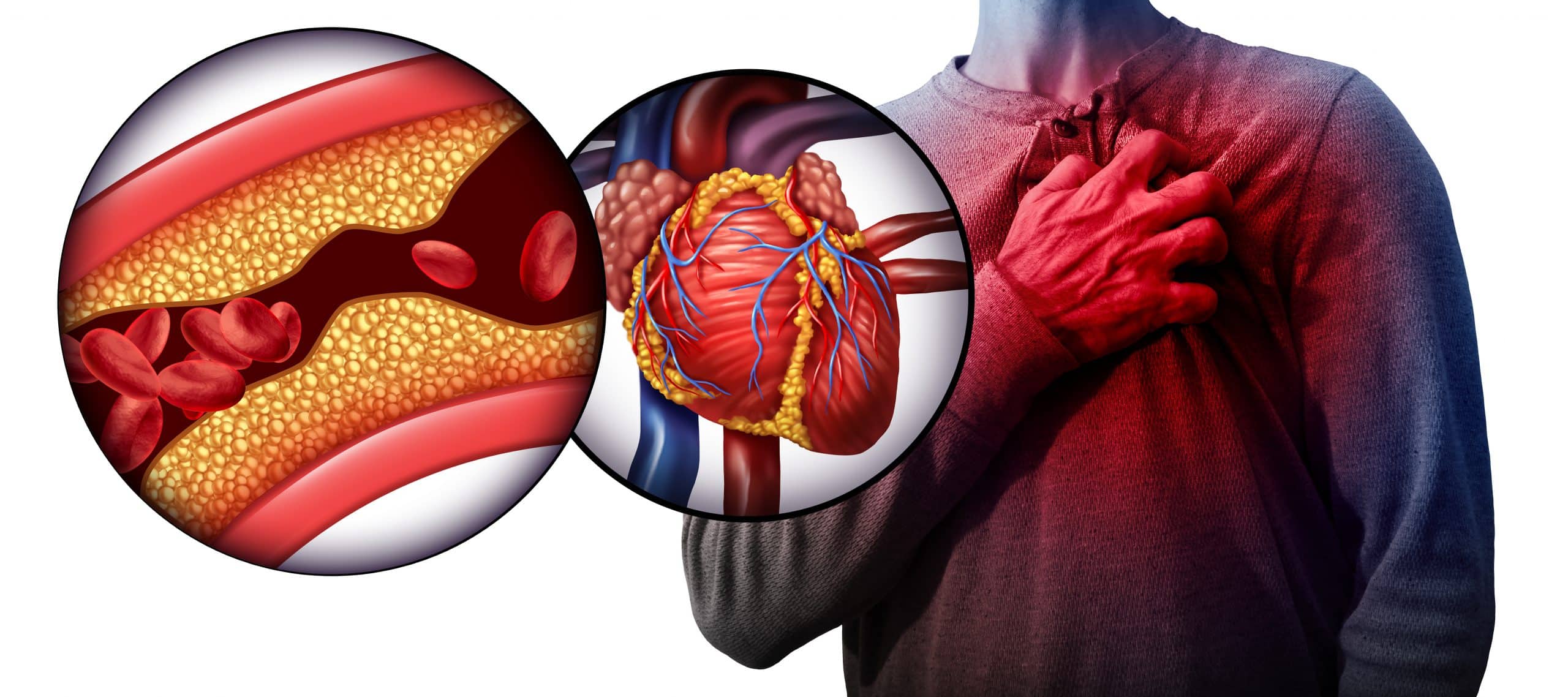03/06/2019
CVG Heart Tips: What to Know About Stress
Stress tests, also known as treadmill tests or exercise tests, are a way for your cardiologist to study how your heart reacts to physical activity. These tests can be a great way to diagnose, study and test individuals who have certain heart conditions. They can also be helpful in finding out what exercise is right for you and your heart. Here is what you should expect when going in for your stress test.
What is a Stress Test?
For a stress test, patients are typically asked to walk on a treadmill or ride a stationary bike while connected to heart monitors. Because exercise makes the heart beat faster, an exercise stress test can help reveal any present issues with blood flow throughout the heart. This allows the cardiologist to better understand the patient’s heart and to make a proper diagnosis.
Why Would a Cardiologist Recommend a Stress Test?
Simply put, it is important to get a stress test if your doctor recommends one. Your cardiologist may suggest a stress test for any of the following reasons:
- To diagnose a heart rhythm issue (arrhythmia):
When the electrical impulses that regulate your heart’s rhythm do not function properly, it can cause your heart to beat to quickly or too slowly. A stress test can bring these issues to light and result in a diagnosis.
- To diagnose coronary artery disease:
If your arteries become damaged due to a buildup of plaque or cholesterol, it may result in coronary artery disease. This can deprive your heart of the blood, nutrients and oxygen it needs to function properly. If your doctor suspects you might have coronary artery disease, a stress test may be used as a diagnostic test.
- To determine if surgery or therapy is appropriate:
In the instance of severe heart conditions, a stress test may be necessary to help determine if and when certain surgeries or treatments may be needed. Treatments may include valve replacement or heart transplant, among other therapies.
- To establish a treatment plan for heart disorders:
A stress test may be used on those who have already been diagnosed with a heart condition, in order for the cardiologist to decide how to best treat the issue. Additionally, this can be helpful in understanding how much physical exercise the heart can handle.
Can Anyone Benefit from a Stress Test?
While stress tests can be helpful in better understanding a patient’s heart, they are not for everyone. Recent guidelines released by the American College of Physicians states that stress tests may not benefit people who are at low risk of cardiovascular disease.
You may be considered at low risk for heart disease if you are young, do not have a family history of heart problems, eat a healthy diet, and exercise regularly.
However, because coronary heart disease is the leading cause of death in the U.S., heart health should be taken seriously at every age.
If you have questions about what to expect at your next stress test, contact one of the cardiologists at CVG today. Return



